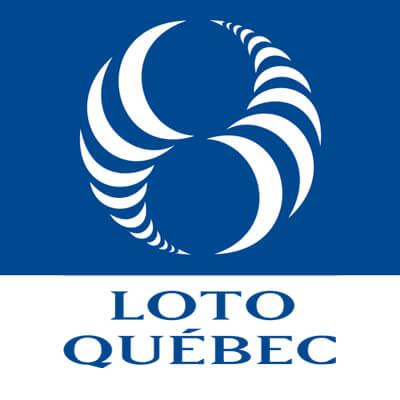The province of Quebec’s budget declaration last Thursday included an announcement that the provincial government intends to address illegal online gambling operations, by passing legislation for mandatory website-specific filter controls. The planned legislative action is to order Quebec-based Internet Service Providers (ISPs) to block the virtual entry of offshore remote online gambling operators via the Internet.
The ultimate goal of the planned legislation is to help Loto-Quebec’s online gambling website Espacejeux.com to grow and prosper. The government-owned Loto Quebec will submit a list of online gambling facilities that the ISPs will block in compliance with the proposed legislative mandate. Making it possible therefore, for the province to control and channel all Internet-gaming money spent by legal-aged Quebec online gamblers, into the Loto Quebec-operated Espacejeux.com. The proposed move is regarded as necessary, since Loto-Quebec’s revenue-generating ability has been on a continuing decline during the recent past years.
The budget announcement includes an estimate that the blocking of illegal websites combined with renewed advertising efforts and collaboration with private gaming operators, would generate as much as CA$13.5 million in 2016-17. It is further projected that the revenues derived from Espacejeux.com in the years thereafter, will increase to CA$27 million annually.
In a separate interview conducted by the Globe and Mail last Friday, the province’s Finance Minister Carlos Leitao clarified that the measures are yet to be instituted; but he is of the belief that its implementation is “perfectly feasible.” He added that the blocking filter would apply to illicit and unlicensed gambling sites, which, in his opinion is not a matter of censorship.
The Finance Minister acknowledged that the jurisdiction is a grey area. He takes note that while the Canadian federal government has authority over the telecommunication industry, the province of Quebec has authority over other related areas. It is a jurisdictional matter that he recognizes as one requiring further examination with federal government officials.
Minister Leitao explained that the provincial crown corporation Loto-Québec has been raking in gaming turnovers that are significantly less than what had been expected in recent years. He asserts that partly because Loto Quebec is competing against online gambling sites not constrained to follow the same rules such enforcing legal age requirement, which the crown corporation strictly observes.
He elucidated by stating that it is clear that unlicensed sites do not have to comply with the same set of guidelines. A condition that gives the unauthorized gaming sites greater competitive advantage over Loto Quebec. The provincial Finance Minister commented that they are driving a simple point — If the offshore-based non-Canada licensed Internet operators wish to play the game, then, it is necessary for them to follow the same rules.
However, the planned move has attracted criticisms, mainly coming from officials of ISP companies. The Chief Legal and Regulatory Officer at TekSavvy Solutions, Bram Abramson, remarked that as ISP intermediaries furnishing access to the Internet, they must maintain their neutrality and should not be placed in a position of sorting and selecting the sites accessible to the Canadian people.
University of Ottawa Law professor Michael Geist added that Canadian ISPs block access to sites that contain child pornography images, even if not legislated. Inasmuch as viewing the contents of online gambling websites is not an unlawful act, legislating the imposition of website-specific blocking filters for purposes of commercial gain, is a risky precedent in Canada.

